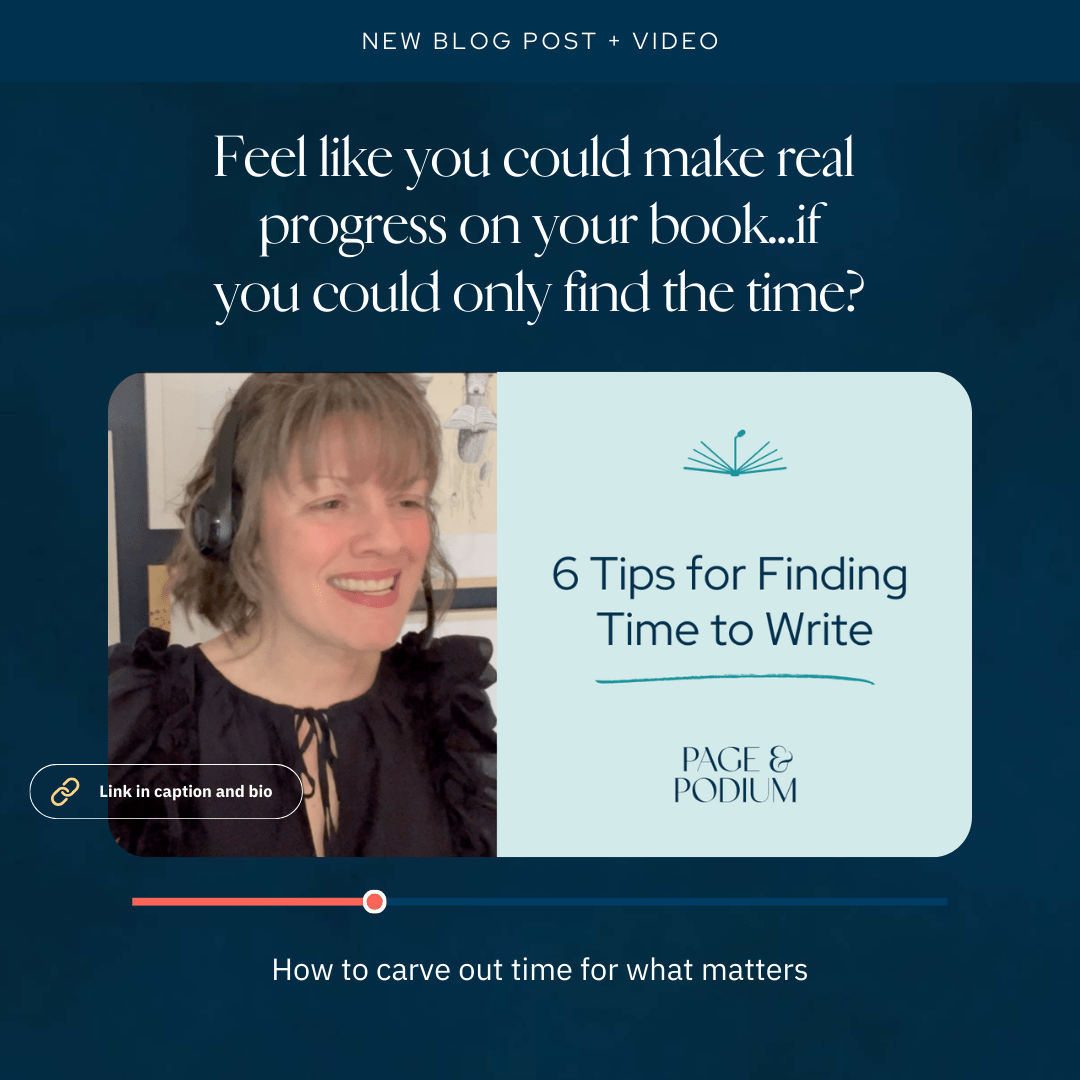
You want to write a book.
But, you got a C in English Comp.
You didn’t major in English.
You don’t know what to write about.
You don’t know how publishing works.
You’ve never written a book before.
You don’t even know where to start.
I hear you. Luckily, I’ve got you covered. You don’t need to be an expert writer to write a book—people from all walks of life, majors, and careers write wonderful books. While writing a book isn’t easy, it is much more attainable than most people think.
The most common reason people don’t write the book they’ve been dreaming of? They put it down before they even start it.
There are millions of potential books, book ideas, and lists scrawled onto café napkins that never came to fruition because their authors felt overwhelmed, lost faith in their ideas, or couldn’t narrow down their approach enough to make a coherent text.
But, your story and your message are important, and there are readers out there waiting to be inspired, comforted, and empowered by your book—don’t give up on it just yet. Follow the steps below to get started without the stress of sitting in front of a Word document you’ve been telling yourself to type in for months.
Brainstorm—on paper
You’ve had all of these ideas and potential book topics and pieces floating around in your head for months—you should know them all by now, right? Well, our brains don’t multitask as well as we think they do, and you’ll have trouble remembering everything while you’re trying to form sentences and think through your book’s outline.
You can brainstorm any way you like: start writing out ideas and stories stream-of-consciousness style (as I discussed in my last blog post, Can I Just Start Writing a Book?), draw a mind map, or even talk through your ideas using talk-to-text. This is the time to get everything you think could be in or related to your book out and on paper. Don’t censor or disregard anything at this point.
Narrow It
At this point, you’ll need to determine what your goals are for your book. Your goals can be concrete, such as “I want to sell at least X copies” or more abstract, such as “I want my book to help people.” Try to pick a few attainable goals—unattainable goals will only leave you disappointed, and too many goals will be too difficult to squeeze into one project. It’s better to have a few points that you’ve explained and expanded on well than many points that your reader may not fully grasp.
Once you know what goals you have for your book, start picking scenes, stories, and ideas from your brainstorming session that support those goals. Don’t throw out anything you think you won’t use—just hold onto it in case your goals or ideas change later on.

Evaluate
Once you’ve gotten your ideas down and thought about what you want your book to look like, it’s time to evaluate where you’re at. Do you have enough information to start writing, or do you need more time for research? Do you have the time and planning to make your book happen? What are your plans for publishing and marketing your book?
The Evaluate phase is where many writers get stuck. It’s hard to tell if the downsides to your book are just your insecurities or logical roadblocks. Producing your book is a mystery minefield for debut writers who aren’t involved in the industry (What’s a query? Will a publisher market my book for me?).
Other times, writers get stuck shortly after brainstorming ideas for their book. But, there’s no need to fret. There are plenty of ways you can get clear, effective help and feedback to make your book a reality that don’t involve scanning through 200 articles on “How to Write a Book” on Google.
Here at DAS, we offer a variety of plans and services to help you confidently bring your book to life. We offer coaching, ghostwriting, and publishing—just to name a few. However, if you’re still unsure or just getting started, a great way to start writing your book (and follow the 3 steps above) is to download our free guide, “Your Book’s Big Picture.” You’ll start planning your book, establish your goals, and evaluate your plan all in one document that we walk you through.



